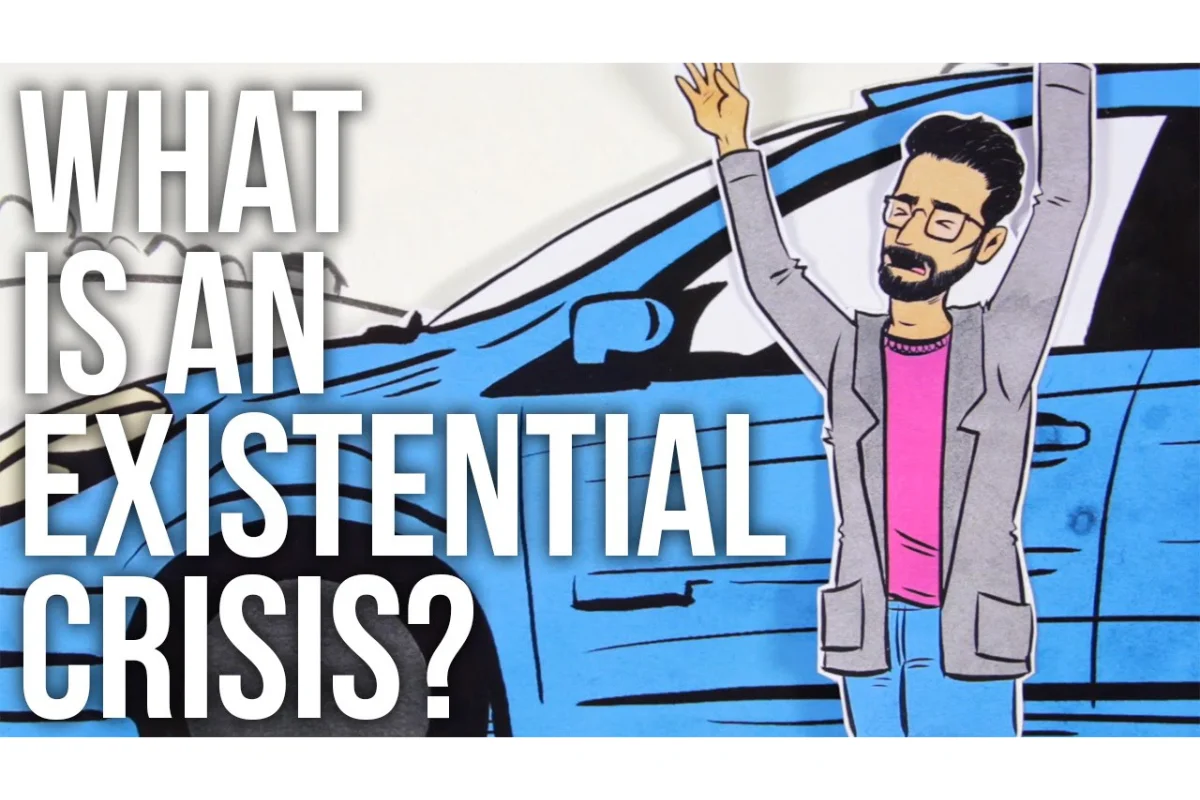Beyond Economics: Pakistan’s Existential Crisis of Human Development
The country has been facing a crisis that goes far beyond its economic woes. It is a crisis of human development, a crisis that is both the cause and effect of the country’s frequent boom-and-bust cycles.
Grim Indicators: Stunting, Mortality, and Lagging Behind Neighbors
As World Bank country director Najy Benhassine has accurately stated, Pakistan is stuck in a vicious cycle of low-quality basic services, which stunts human development and hinders economic growth. The evidence of this crisis is all around us.
Forty percent of our children under the age of five are stunted, and nearly seven percent don’t even make it to their fifth birthday. Millions of Pakistanis lack access to clean water, sanitation, healthcare, and education.
We have the highest infant mortality rate in South Asia and the lowest life expectancy. With only six beds per 10,000 people and one doctor for every 1,300 individuals, our healthcare system is on the brink of collapse.
Stuck in the Low HDI Trap: A Sign of Failing Growth Model
These abysmal human development indicators are reflected in Pakistan’s ranking on the Human Development Index (HDI). We are ranked 161 out of 192 countries, placing us firmly in the “low human development category.”
Lessons from Success Stories
This is a shameful position, especially when compared to our neighbors. India ranks 132 on the HDI, Bangladesh is doing even better at 129, and Sri Lanka is a world away at 73rd position. Year after year, Pakistan’s HDI ranking slips further and further down.
This is not a coincidence; it is a clear sign that our current economic model is not working. As Mr. Benhassine has pointed out, the benefits of growth have only accrued to a narrow elite, while the majority of the population has been left behind. The good news is that there is a way out of this crisis.
Countries like Indonesia, Thailand, India, and Vietnam have shown that it is possible to achieve deep and sustained economic growth while also improving living standards for all citizens. The key lies in implementing deep and sustained policy shifts in key areas, such as education, healthcare, fiscal management, and the business environment.
The Achilles Heel
However, the real question is about Pakistan’s Existantial Crisis, that whether Pakistan has the will to make these changes. Mr. Benhassine rightly points out that there is a broad consensus that action is needed, but the problem is that the elites who hold the power in Pakistan are not part of this consensus.
They have benefited from the status quo and are unlikely to give it up easily. Breaking the institutionalized hold of the elites on Pakistan’s power structure is the only way to achieve the kind of policy shifts that are needed to address the country’s existential crisis. Unfortunately, in the current political climate, this seems unlikely to happen anytime soon.
A Crossroads of Choices towards existantial crisis
The future of Pakistan hangs in the balance. We can either continue down the path of low-quality basic services, stunted human development, and economic instability, or we can choose to embrace the difficult but necessary task of reforming our institutions and building a more just and equitable society. The choice is ours.
Breaking the Elite Grip
We can either succumb to the inertia of the past, perpetuating a system that enriches the few while neglecting the many, or we can forge a new path, one paved with equal opportunity, quality education, and accessible healthcare. This is not just an economic imperative; it is a moral one.
Paving the Way for Equal Opportunity, Education, and Healthcare
The elites who grip Pakistan’s power have built their wealth on the backs of the marginalized. Their stranglehold on institutions like education and healthcare must be loosened, not through violence or revolution, but through the persistent, unwavering demand for justice and reform. The power of the people united in their call for a better future, can be an unstoppable force.
From Moral Imperative to Unstoppable Force
While the challenges are immense, we must not succumb to despair. The Pakistani spirit of resilience and the unwavering dedication of countless individuals working for a better future offer a glimmer of hope.
Every child sent to school, every clinic built in a remote village, and every voice raised against injustice is a brick laid in the foundation of a new Pakistan.
Beyond Crisis, a Call to Action
This is not a crisis for politicians and bureaucrats alone to solve. It is a call to action for every Pakistani. We must demand accountability from our leaders, hold them to the promise of progress, and participate actively in shaping our collective destiny.
The Destiny Awaits
The future of Pakistan belongs not to the elites but to its people. Let us rise to the challenge and build the nation we deserve. We all have to fight for our existance by defeating Pakistan’s existential crisis of human development.


